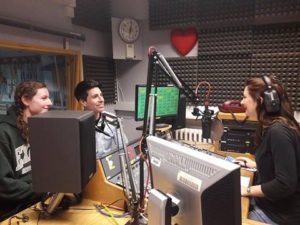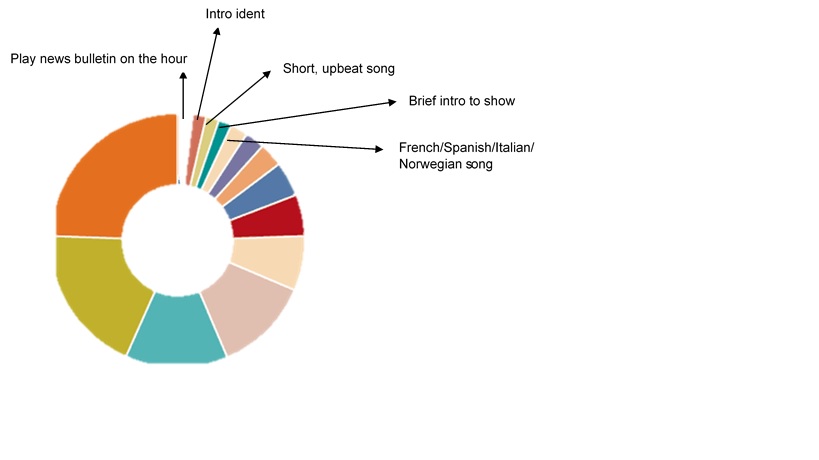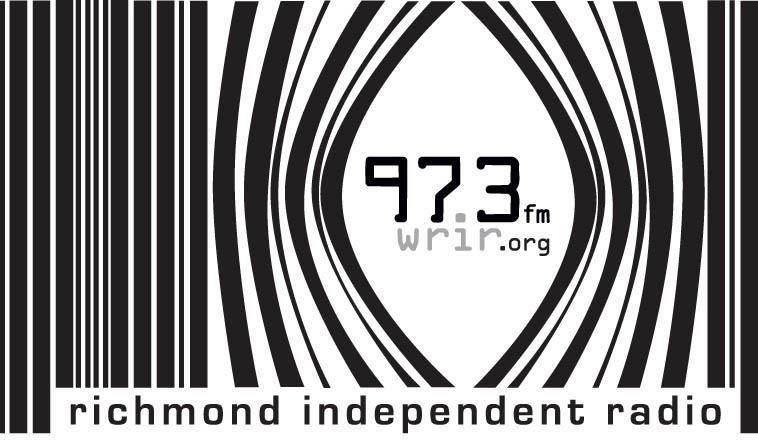
How to produce a Tri-Lingual Radio Show
When deciding to create my student radio show, I knew it would be different from the majority of others. I wanted to do a one-hour evening show, with a range of music genres and for it to be presented in a mixture of English, French, and Spanish. Thus, Sobremesa was born.
The technique I used to plan my show was introduced to me by Chris Sawyer (BBC Radio 1 producer) at the Student Radio Association conference (SRACon) in 2015. Chris explained that using a pie chart image to prepare a radio show is a simple and effective technique. It splits the show into separate timings and allows you to appropriately plan an adequate number of songs and features. You can divide the pie chart into as many different sections as necessary.
For example, a standard one-hour show would consist of the news being played on the hour, followed by an ident specific to my show. I would then play an energetic, well-known song to lift listeners’ moods. I would introduce myself and the topics to be covered and some of the artists to be played, followed by some international music. Various idents and promos would be played throughout the show, advertising the station and other programs. I had many features, including one called ‘Concertation’ in which I would discuss in French a live concert I had seen and rate it out of 10. The chats and features were organised into segments of 20 minutes in English, 20 minutes in French and 20 minutes in Spanish. This was adapted depending on guests and my general confidence for a specific language on the day! There would be a handover and a news bulletin at the end of the show.
I would plan the playlist the day before my live show. Checking lyrics for profanity and offensive language, especially in languages other than English was key. Song length variations also had to be meticulously noted to be able to have enough time for a hand-over at the end of the show. Often when switching between languages and genres of music, seamless transitions can seem impossible. It is also challenging to contribute to the consistency of a radio station when the shows are so different. However, I think this adds diversity and interest when there are many shows with different themes. For example, a Tuesday evening on XpressionFM went from a country music show to a language-based program, to the Tuesday Night Sports panel. This considerable variation certainly made for an exciting Tuesday evening on Exeter’s student radio.
I mixed up my languages many times on air, forgetting a word in one language, therefore trying to say it in another. I found that explaining my faults, laughing off errors and reiterating that I am not bilingual made the show welcoming, friendly and encouraged others to practice their language skills. I learnt how to change and adapt conversations based on the language level and experience of guests.
 Planning ahead was incredibly important. You can’t make up content for a radio show on the spot, or you can, but it’s much harder! This format tested my language skills, and one of the reasons I chose to produce and present a multi-lingual show was to practice speaking French and Spanish in a more fun and exciting way. Lots of students at Exeter study languages, therefore it is appealing to listeners, and I love discovering new music in languages I both do and don’t speak
Planning ahead was incredibly important. You can’t make up content for a radio show on the spot, or you can, but it’s much harder! This format tested my language skills, and one of the reasons I chose to produce and present a multi-lingual show was to practice speaking French and Spanish in a more fun and exciting way. Lots of students at Exeter study languages, therefore it is appealing to listeners, and I love discovering new music in languages I both do and don’t speak
I tried to find new music each week, asking friends for recommendations, talking with international students, using YouTube and researching soundtracks from European TV shows. I also played music from Spotify playlists and new album releases. The genres ranged from old school classics to throwbacks, to feel-good music and I alternated between male and female artists. This was not a huge focus, but a general rule followed at the BBC is to alternate voices and sounds. If I ever found myself playing four boybands in a row…I knew I needed to change it up
WHERE ELSE TO FIND ME:
- Mixcloud
- ‘My Dad Wrote A Poem’ podcast
- My radio show Facebook page
- YouTube and Geography blog
- Climate change blog
- Discovering Britain
- Exeposé (student newspaper)
- Worth the Earth
- Make it Marketing
- South West Camper Hire
- Career Zone





